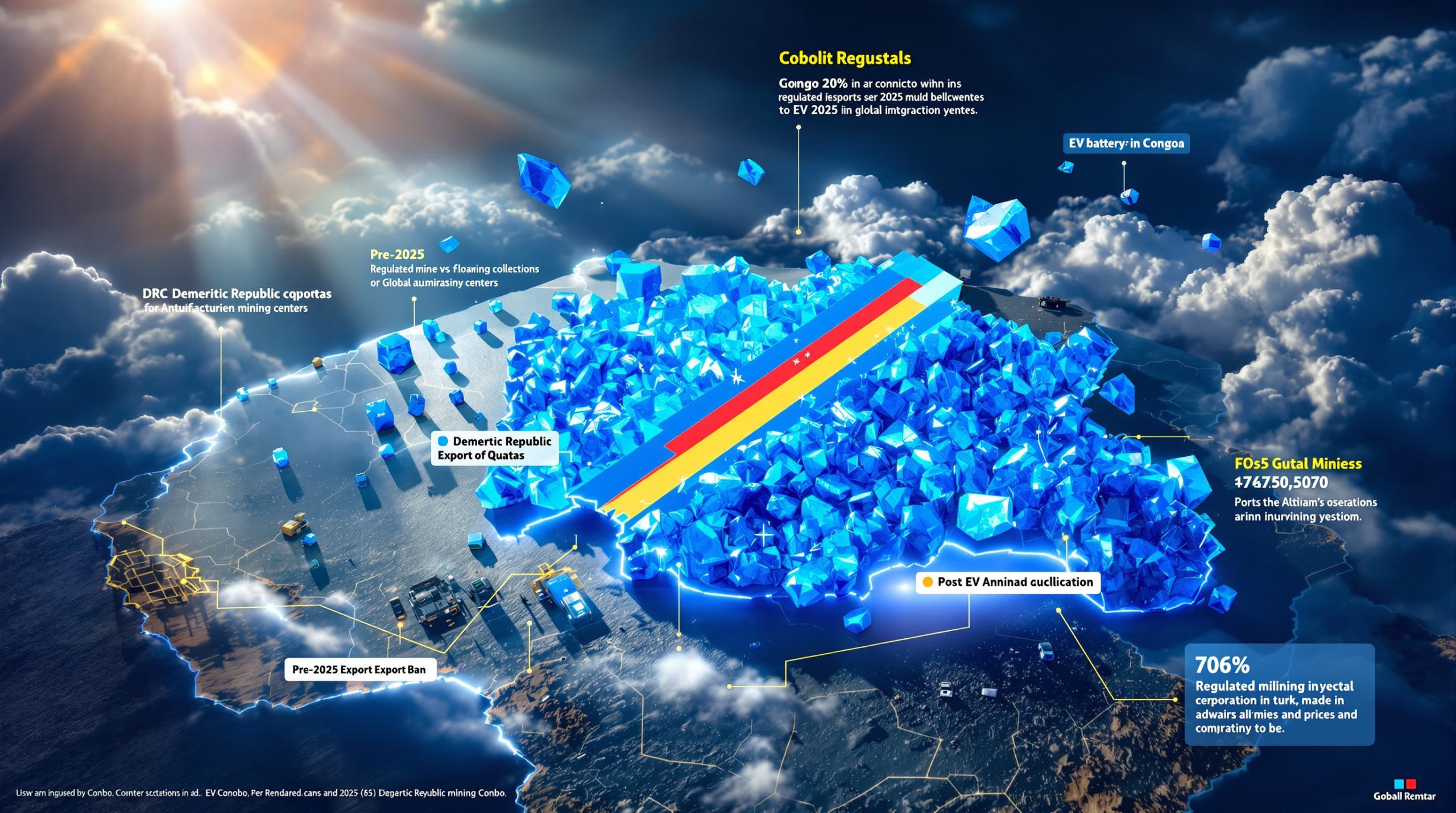The Democratic Republic of the Congo (DRC) is poised to implement new cobalt export quotas, a move that could significantly disrupt global supply chains, particularly in the battery materials sector. As the DRC accounts for over 70% of the world’s cobalt supply, these quotas are not merely regulatory changes; they represent a strategic pivot that could alter the dynamics of cobalt pricing and availability. The central problem lies in balancing the DRC's economic interests with the global demand for cobalt, which is essential for electric vehicle batteries and renewable energy technologies. Stakeholders must navigate the complexities of compliance, market fluctuations, and the potential for increased geopolitical tensions as nations vie for access to this critical resource.
The introduction of these export quotas signals a shift towards more controlled and sustainable resource management in the DRC, emphasizing the need for transparency and ethical sourcing in the cobalt supply chain. Companies reliant on cobalt must reassess their procurement strategies, potentially leading to increased investments in alternative materials or technologies. The implications extend beyond immediate supply concerns; they challenge manufacturers to innovate and adapt to a landscape where cobalt availability may be constrained. As the industry grapples with these changes, the focus will likely shift towards developing more resilient supply chains that can withstand regulatory pressures while meeting the growing demand for clean energy solutions.






